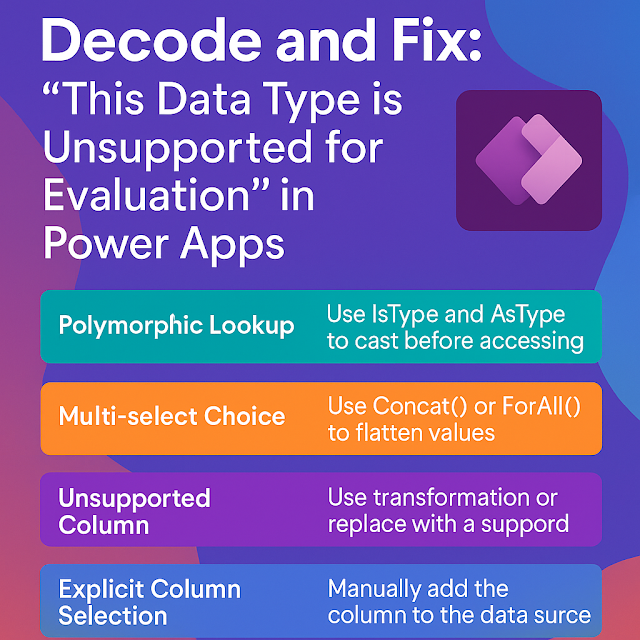Microsoft Dynamics 365 Customer Experience Analyst : Configure the lead qualification experience
A lead in business, especially in sales and marketing, refers to a potential customer who has shown interest in a company’s product or service but has not yet made a purchase. This interest could be expressed through various actions, such as filling out a contact form, downloading a brochure, attending a webinar, or responding to an advertisement. Leads are the starting point of the sales pipeline, and their effective management is critical to driving revenue growth. Businesses gather leads through different channels—online marketing, trade shows, referrals, cold calls, and more—and then nurture them through communication, personalized offers, and relevant content until they are ready for conversion. In Dynamics 365 Sales, a lead is a record that stores information about a potential client and can be qualified into an opportunity when sales teams determine that the person or organization has a genuine need, budget, and decision-making power to purchase. Managing leads effectively ensures higher conversion rates, shorter sales cycles, and improved customer relationships.
1. What is a Lead in Business?
A lead is a potential customer who has shown some level of interest in your company’s products or services but has not yet made a purchase.
- They could have filled out a form, subscribed to a newsletter, downloaded a brochure, attended a webinar, or simply inquired about your offering.
- In Dynamics 365 Sales, a lead is usually the first stage in the sales pipeline.
2. Importance of Leads in Business
- Fuel for Sales – Without leads, there’s no one to sell to.
- Business Growth – More leads → more opportunities → more revenue.
- Market Insights – Tracking leads gives insights into demand trends.
- Relationship Building – Starting point for customer engagement.
- Targeted Efforts – Focus marketing and sales on qualified prospects rather than everyone.
3. What is Lead Qualification?
Lead qualification is the process of assessing whether a lead is worth pursuing based on factors like:
- Budget (Can they afford it?)
- Authority (Are they the decision-maker?)
- Need (Do they really need your product?)
- Timeline (Are they ready to buy soon?)
These factors are often remembered as BANT (Budget, Authority, Need, Timeline) or other frameworks like CHAMP or MEDDIC.
In Dynamics 365 Sales:
- Unqualified leads are closed without conversion.
- Qualified leads are converted into opportunities (and related contact/account records) to move further down the sales pipeline.
4. How Lead Qualification Works in Sales
- Capture Lead – From web forms, events, marketing campaigns, referrals, etc.
- Research & Analyze – Gather data about the lead.
- Score the Lead – Using criteria or AI-based lead scoring in Dynamics 365.
- Decision –
- If qualified → Convert to Opportunity (linked to an account and/or contact).
- If not qualified → Mark as lost, nurture for later.
5. What is Lead Qualification Experience?
In Dynamics 365 Sales, the Lead Qualification Experience is the user interface and process flow that guides sales reps when qualifying leads.
- It controls what happens when you click Qualify in a lead record.
- You can configure it to decide:
- Whether to automatically create contact, account, and opportunity records.
- Whether to merge duplicates or prompt users before creating new records.
- What fields are required at the qualification stage.
- Whether the process uses classic or enhanced experience (newer UI).
Why it matters:
A well-configured lead qualification experience makes the sales process smoother, prevents duplicate records, and ensures consistent data entry across the team.
Summary:
A lead is a potential customer who has shown interest in a company’s product or service but has not yet purchased. Businesses capture leads through various channels and nurture them until they are ready for conversion. In Dynamics 365 Sales, leads store essential prospect information and can be qualified into opportunities when the sales team confirms genuine buying potential. Effective lead management helps improve conversion rates, shorten sales cycles, and strengthen customer relationships.













Comments
Post a Comment